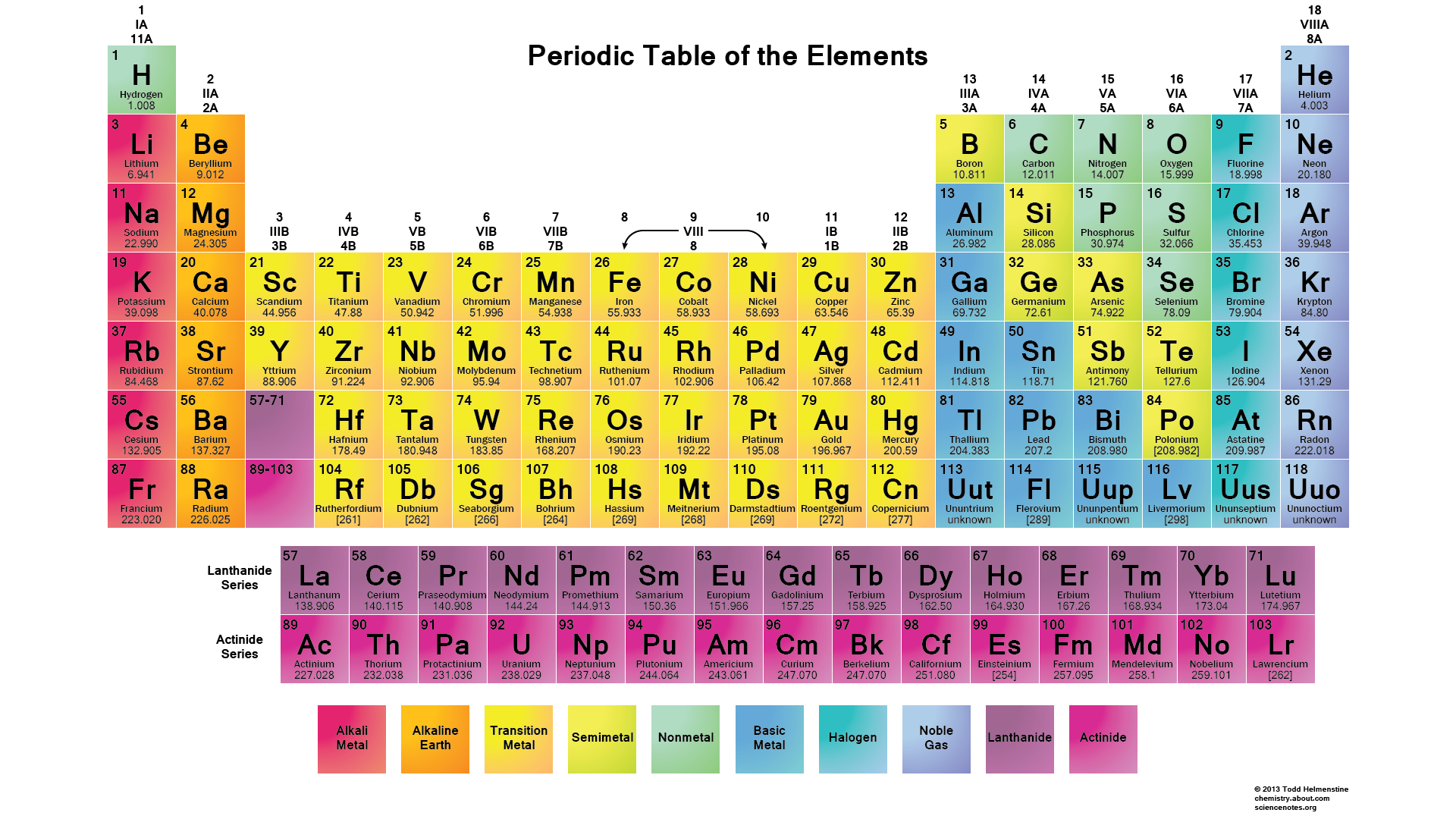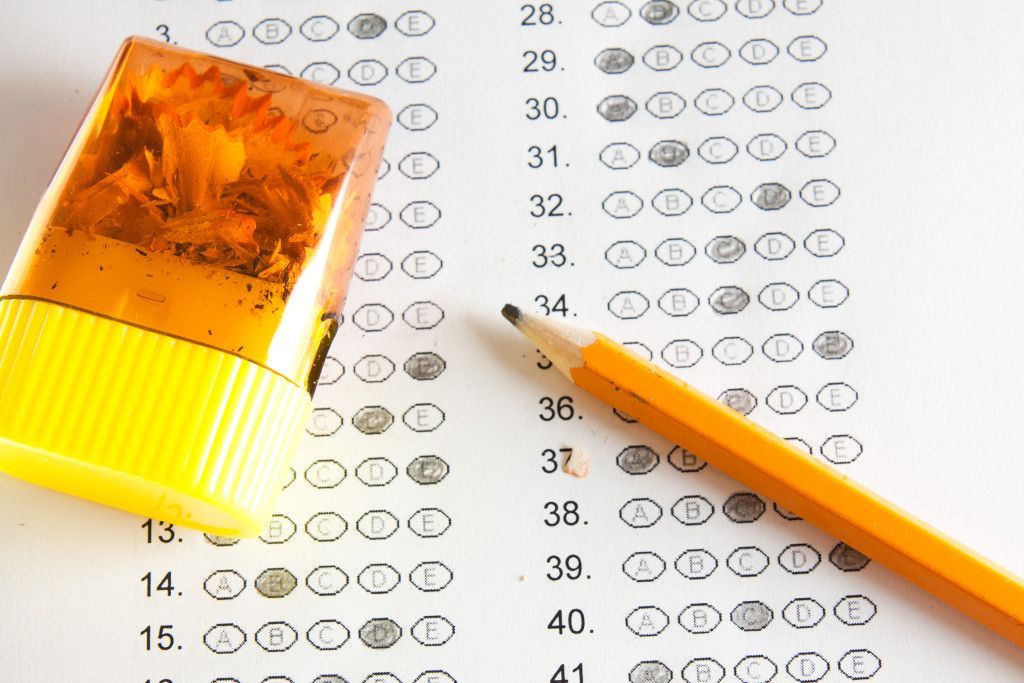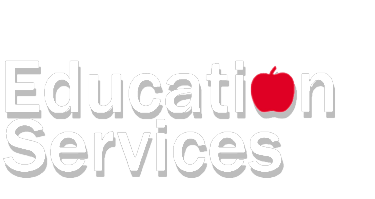EFFECTIVE STUDYING TECHNIQUES | SCIENCE
We hope you have been enjoying our series on Effective Studying Techniques. It is my personal belief that if we educate our students in the proper way to prepare for class, they will spend less time cramming at the last minute. After all, cramming is not an effective way to study.
As you are reading this series, remember that the best practice for effective studying for any subject is to do it consistently. Studying three times a week for one hour will help you more than studying once a week for three hours.
Today, we are going to focus on how to study for science classes — physical science, biology, chemistry, physics, anatomy, astronomy, geology, etc. I hope you find this helpful and informative!

When I was in high school, Chemistry was a required course for graduation. I have no shame admitting that I did not go into the class optimistically. The subject did not excite me and my teacher had a very heavy accent, which made her difficult to understand. She was a good teacher, but it was a learning challenge for me.
I struggled so much in Chemistry. I had a rough time focusing and frequently had to ask my teacher to repeat herself so I could take notes. As a hands-on learner, I was hoping that I would learn more easily in the lab. And while I did learn a little better, it still wasn’t enough. I passed the class with the lowest grade I would ever receive in school. Needless to say, I was devastated.
Looking back on my high school Chemistry class, we spent so much time discussing formulas and elements. But we never covered how to actually study for the class. If we could have spent even one class reviewing the best way to prepare for the course, I think it would have saved me hours of anguish.
Don’t struggle through your sciences classes like I did. Try these effective studying techniques:
1. Read.
As with any class, you need to devote the time to reading your assignments.
Make sure that you read for a purpose. Before you read the chapter, take a few minutes to read the summary at the beginning and the questions at the end. Now you know the highlights of the chapter and what you are supposed to be learning.
As you read the chapter, write down notes. Don’t underline or highlight them, but physically write them down. (You will remember them better that way!) Unless it’s a specific formula, don’t copy down notes word-for-word. Instead, paraphrase them in your own words. After all, you have to understand them later, so put them in a language you will understand.
2. Review.
Set aside time before your class to reread your notes. This way, everything will be fresh in your mind when you walk through the door. If you do not understand your notes, go back to your textbook. With science, sometimes you have to reread a chapter more than once before it makes sense.
If you’re still struggling after reviewing your notes, ask the teacher for further clarification. Never feel ashamed to ask your teacher for help. That’s why they’re there…to help you.
3. Form a study group.
Gather a few of your classmates and create a study group for your class. Divide up the chapter into sections and assign one to each person in your group. When you meet, each person will be responsible for presenting their section to the group — so be sure you really understand the material!
When you’re selecting friends for your study group, be sure to choose friends who are reliable. You don’t want someone in your group who is not going to do their reading.
It’s still a good idea to read the entire chapter, even if you’re dividing it among the group. This way if someone is confused with their section, you can help.








